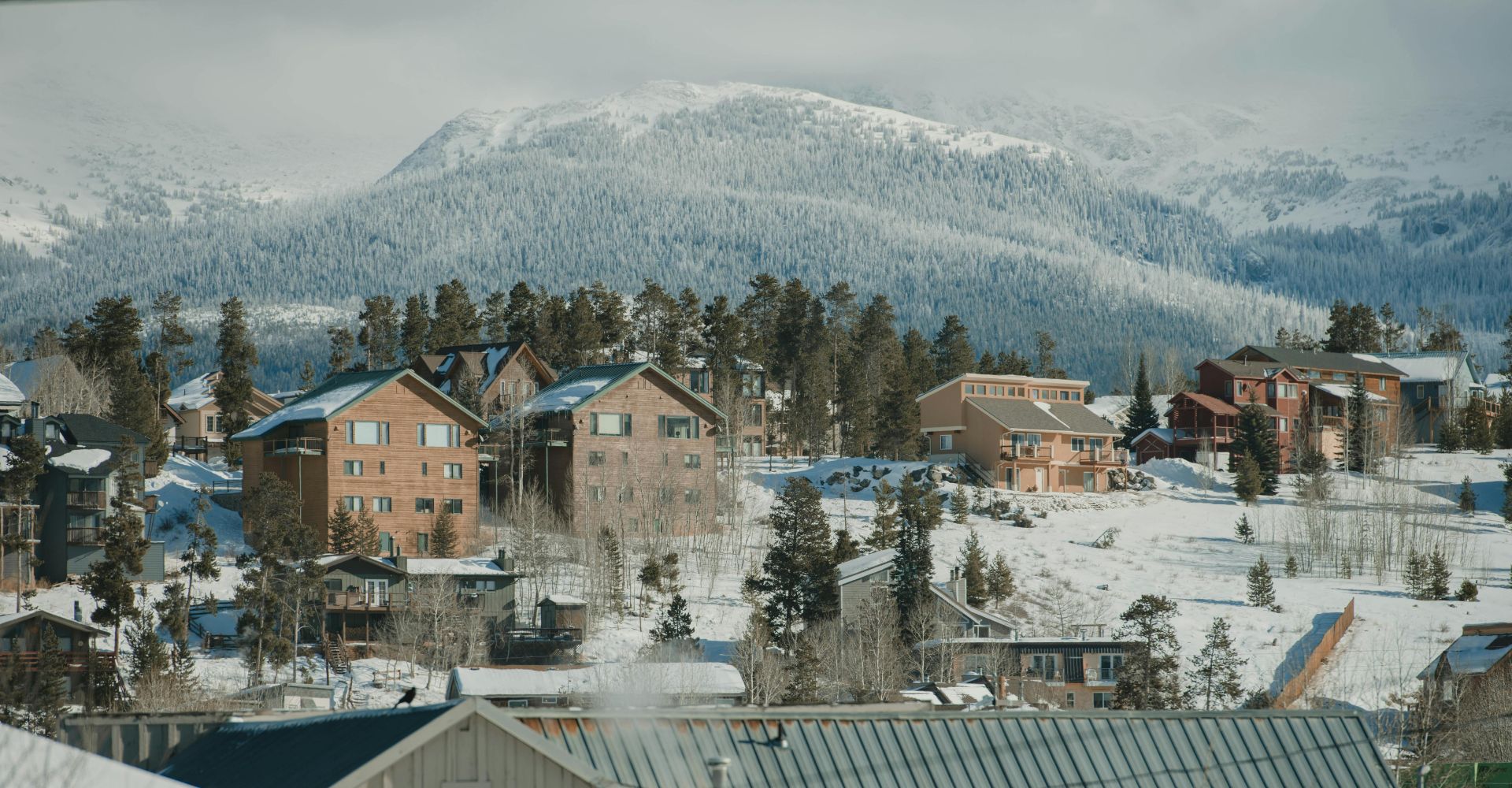The allure of owning a vacation rental property is undeniable: the potential for high returns and the flexibility to use the property yourself, but is it truly a sound investment? Yes, there are some expenses that you will incur when you buy a vacation rental home, but if you do your calculations and research well, then you will come out on top and make a profit. Let's dive into the pros and cons.
WEIGHING THE PROS AND CONS OF VACATION RENTAL INVESTMENTS
Ultimately whether a vacation rental is a good investment depends on your individual circumstances, financial goals, and willingness to manage the property. If you're prepared for the challenges and can leverage the potential benefits, it can be a rewarding venture. While vacation rentals offer the potential for higher returns, they also require management and come with additional risks, so thorough research and careful planning are essential for making an informed decision.
The Pros of Vacation Rentals
- Higher Potential Income: Vacation rentals often command higher nightly rates compared to traditional long-term rentals, leading to increased potential income.
- Tax Benefits: Depending on your location and usage, you might qualify for tax deductions related to property expenses, depreciation, and potential home office deductions.
- Property Appreciation: Popular vacation destinations often experience property value appreciation, potentially increasing your investment's worth over time.
- Personal Use: You have the flexibility to use the property for your own vacations or family getaways.
The Cons of Vacation Rentals
- Increased Management: Vacation rentals require more hands-on management compared to traditional rentals. You'll likely be dealing with frequent turnover, cleaning, and maintenance.
- Market Fluctuations: The vacation rental market can be seasonal and susceptible to economic downturns, impacting your income.
- Potential for Damage: There's a higher risk of property damage due to the constant turnover of guests.
- Regulations and Permits: Some areas have strict regulations regarding short-term rentals, which can add complexity and potential costs.
Owning a vacation rental property can be an exciting and rewarding venture. It offers the potential for generating income, enjoying personal getaways, and building a valuable asset. However, it's essential to approach this investment with careful planning and research. Consider the type of property (house, condo, cabin) and its appeal to potential guests, analyze the local vacation rental market to assess competition and pricing, and decide whether you'll self-manage or hire a property management company.
A GUIDE TO BUYING A VACATION RENTAL PROPERTY
Are you looking for passive income, a place to enjoy with family, or a combination of both? Establish a clear budget for the property purchase, including down payment, closing costs, and ongoing expenses like property taxes, insurance, and maintenance, and then consider how you'll finance the property. Explore mortgage options, potential rental income, and cash flow projections. Some lenders may consider rental income as part of your qualifying income when applying for a mortgage.
The location of a property is one of the most important factors to consider as it’ll have a major impact on your income potential. The best place to buy vacation rental properties is where it’s close to the most basic amenities, including public transport, restaurants, shopping malls, and convenience stores. Identify areas known for strong vacation rental markets, then research rental demand, occupancy rates, average nightly rates, and competition in your chosen location.
As soon as you’ve determined potential locations, conduct an in-depth market analysis to examine the market and demand. Demand for vacation rentals is different from the demand for traditional rentals. While most traditional renters rent for a long-term basis, short-term rentals are usually seasonal and have fluctuating demands throughout the year. Once you’ve identified a potential property, you need to make sure you can afford it and that it will generate enough cash flow, particularly during off-peak season and when it’s vacant.
Once you buy vacation home property, you have the option to manage it yourself or hire a professional property manager to do it for you. You may also need to hire care maintenance, cleaners, and other helpers, especially during the peak season. Our sales and marketing team, property management staff, and support services are dedicated to maximizing your property's revenue while protecting your asset. Learn more about our Property Management Services or call us at 888.598.6353.







